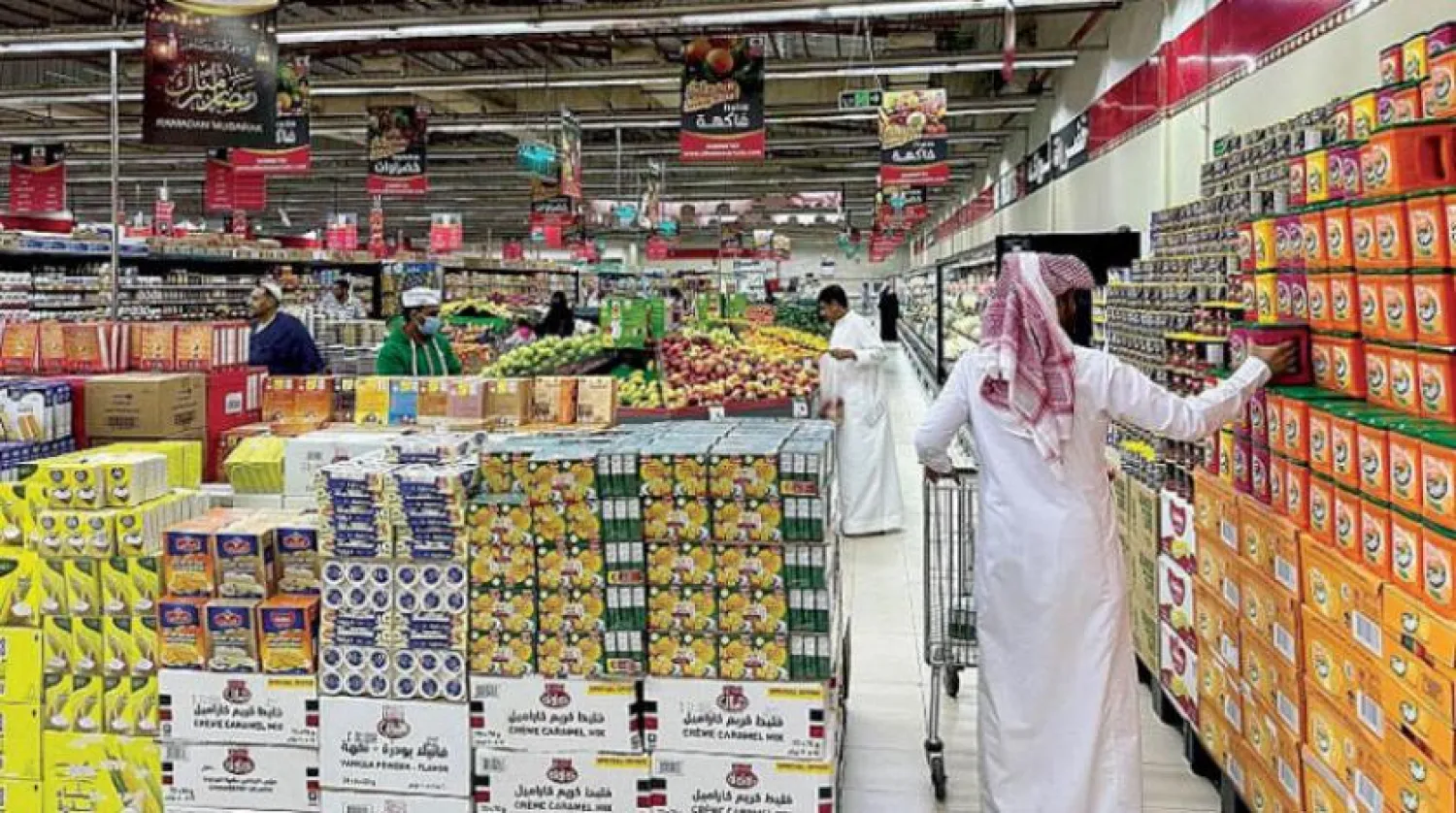Saudi Arabia’s inflation rate dropped to 2.7 % in March, against 3 % recorded in February, according to the latest report released by the General Authority for Statistics (GASTAT).
The consumer price index bulletin of March attributed the Kingdom’s low inflation to the strength of the Saudi economy and the measures taken to deal with the supply chain crisis after the outbreak of the coronavirus pandemic.
The Kingdom's decision to fix the upper ceiling for energy prices, which demonstrates the Saudi economy's strength, flexibility, and exceptional capacity to withstand shocks, is another reason for the low inflation rate, according to the report.
Speaking to Asharq Al-Awsat, economist at King Faisal University Mohammed bin Delim Al-Qahtani said that the stability of inflation rates in Saudi Arabia provides a global example in combating and curbing inflation.
He added that it proves the Saudi economy’s continued growth and is a clear indication of the success of the Kingdom’s financial and monetary policies in preventing and containing inflation.
Al-Qahtani attributed the control of inflation to the diversity and balance of the Saudi economy, which is no longer reliant on a single source such as oil.
He pointed out that the Saudi economy is now showing its true face by relying on non-oil sectors and the emergence of several service sectors.
Additionally, the geopolitical stability created by the Kingdom and the recent upgrade of Saudi Arabia's credit rating by Fitch to “A” with a stable outlook have all earned the country respect as an exemplary state that has been able to adapt to the toughest economic conditions.
Meanwhile, Osama bin Ghanem Al-Obaidi, advisor and professor of international commercial law at the Institute of Public Administration in Riyadh, explained that the Saudi government has successfully curbed inflation by avoiding disruptions in the food supply chain linked to the Russian-Ukrainian conflict, diversifying sources of imported food and stabilizing fuel prices in the Kingdom.









